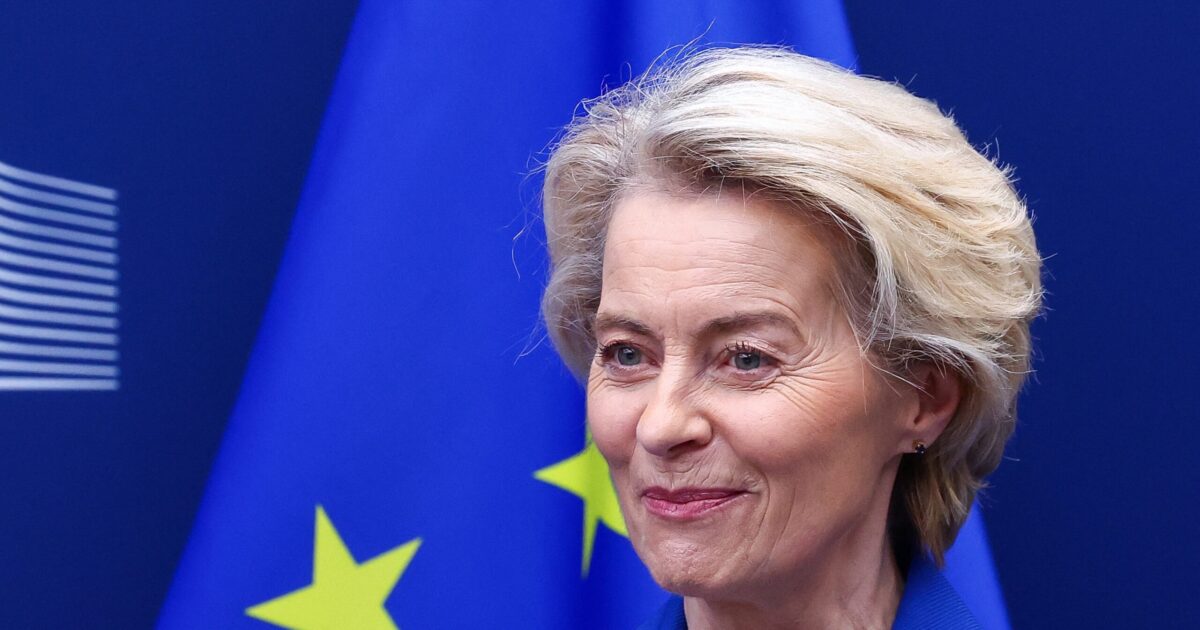The € 400 billion ($ 463 billion) crisis tool proposed by Commission Yesterday Wednesday (16.7.2025) will be funded with a common lending, according to Bloomberg.
The new fiscal tool of the European Union executive for the period 2028 – 2034 will provide loans to countries so that they can react faster to adverse events, sources cited by Bloomberg. The Commission told Member States that they would borrow money on their behalf to raise money for the new fund, they said.
Such speed is required in emergencies such as the Covid or the energy crisis that have hit the economy in recent years.
The Fund is likely to prove to be one of the most controversial aspects of EU fiscal plans, with several countries opposing centralized obligations, which they consider to be subsidizing less prudent fiscal nations. The EU budget of 2 trillion. Dollars for the period 2028 – 2034 was larger than many expected and caused Germany’s intense reprimand, which described it as “unacceptable”.
In a first discussion with EU envoys on Wednesday night, the Commission acknowledged that the new mechanism would be difficult to accept by some Member States. They stressed that the tool would distribute money using loans rather than grants.
WOPKE Hoekstra, EU Commissioner for the climate, told Bloomberg today Thursday (17.7.2025) that the mechanism would be funded by the use of a common lending, but will be subject to strict controls, including unanimity between the 27 Member States of the Block before signed any expense.
EU 10 -year debt yield has increased since the beginning of the year and is around 3.17%, but remains below the maximum in early March, following the German government’s plans to increase spending.
The budget to be submitted on Wednesday is the launch of a painful procedure, which will be attended by the European Parliament and the European Council representing the Member States. EU leaders must give their unanimous support. The budget must be agreed by the end of 2027.
Commission President Ursula von der Laien said on Wednesday that the € 400 billion mechanism would give the EU a “shorter route” in times of crisis. Koronai’s pandemic was an intersection of EU policy, with countries signing a recovery mechanism of about 800 billion euros, which is funded by the use of a common debt. But for many countries, such as Germany, this was a single energy.
“The crisis is no longer the exception, but the rule,” he said.
